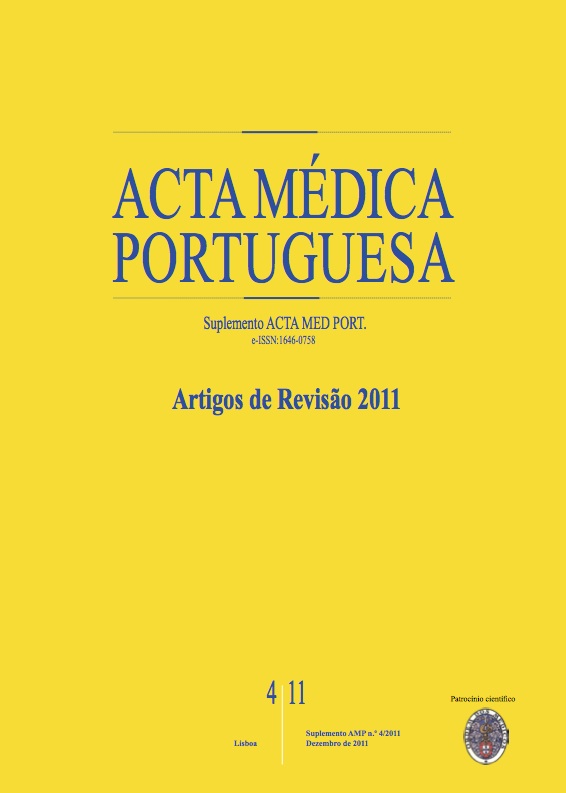Low-level laser therapy in the treatment of diabetic ulcers: an evidence problem.
DOI:
https://doi.org/10.20344/amp.1583Abstract
Diabetes Mellitus is the leading cause of lower limb amputation, representing a significant economic cost for health services. The development of diabetic ulcers is a main risk factor for amputations, which have a high mortality rate at five years. The ischemia caused by macrovascular disease is a key pathophysiological factor in the development of ischemic ulcers. Existing treatments are prolonged and associated with high rates of failure and relapse, requiring the combination of multiple therapeutic modalities. Lowlevel laser therapy has been used as an adjuvant therapy for diabetic foot ulcers, since the 1960's, due to its hypothetical stimulating effects over microcirculation and tissue repair.Identification of published scientific studies through a literature search on PubMed, The Cochrane Library and Cochrane Controlled Trials Register.Existing evidence is favourable for in vitro cell models, but conflicting in animal models and human populations. There is significant methodological heterogeneity, which may be responsible for discordant results. Guidelines are proposed for future studies in this area, including the detailed characterization of ulcers and the parameters of laser treatment. Well-controlled studies, randomized and double-blind are needed. Accordingly to the primum non nocere, laser therapy can and should be used as adjunctive therapy in the treatment of diabetic foot, because it isn't invasive, has low costs and is a fast therapy without significant adverse effects.Downloads
Downloads
How to Cite
Issue
Section
License
All the articles published in the AMP are open access and comply with the requirements of funding agencies or academic institutions. The AMP is governed by the terms of the Creative Commons ‘Attribution – Non-Commercial Use - (CC-BY-NC)’ license, regarding the use by third parties.
It is the author’s responsibility to obtain approval for the reproduction of figures, tables, etc. from other publications.
Upon acceptance of an article for publication, the authors will be asked to complete the ICMJE “Copyright Liability and Copyright Sharing Statement “(http://www.actamedicaportuguesa.com/info/AMP-NormasPublicacao.pdf) and the “Declaration of Potential Conflicts of Interest” (http:// www.icmje.org/conflicts-of-interest). An e-mail will be sent to the corresponding author to acknowledge receipt of the manuscript.
After publication, the authors are authorised to make their articles available in repositories of their institutions of origin, as long as they always mention where they were published and according to the Creative Commons license.









